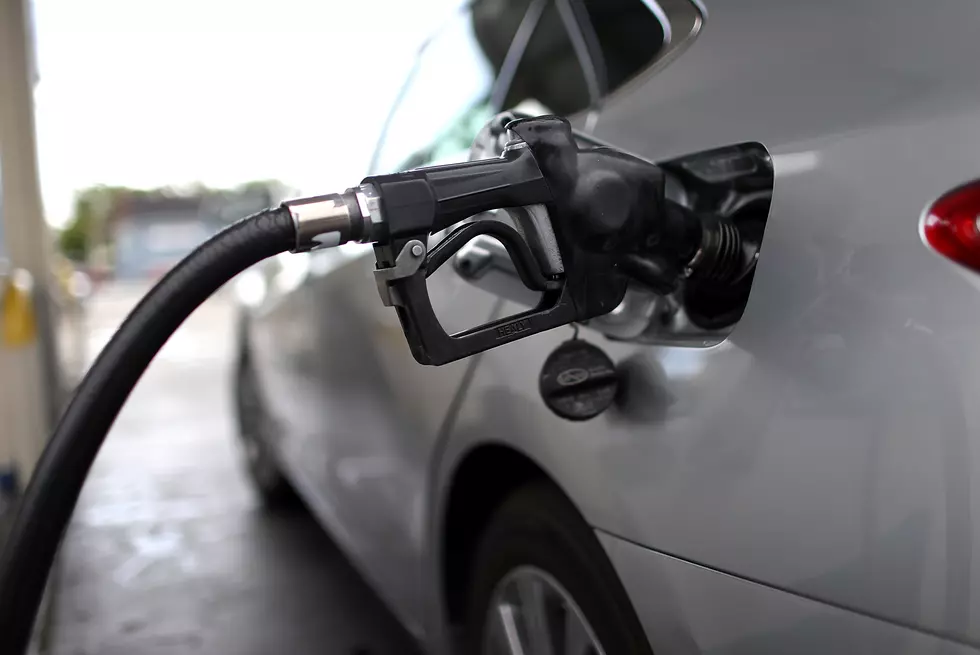
Deadline nears for Murphy to decide on new regional gas tax
A deadline approaches for governors in the Northeast and Mid-Atlantic to decide whether to sign on for a new regional cap-and-trade program aimed at reducing transportation pollution in part by taxing it.
Gov. Phil Murphy is getting pressured from groups that are often allies but now find themselves on opposite sides of whether to join the Transportation and Climate Initiative, which is similar to what’s done with energy producers and would result in an additional gas tax of perhaps 17 cents a gallon.
Essex County Freeholder Brendan Gill, co-chair of the New Jersey leadership council of the group Elected Officials to Protect America, said the issue is an old one taking on new urgency due to the respiratory issues around COVID-19.
“Pollution just from transportation costs lives. It costs billions of dollars and it threatens the safety of our residents,” said Gill, who managed Murphy’s 2017 gubernatorial campaign.
TCI could mean $750 million a year in revenue to New Jersey for infrastructure projects – through a higher gas tax, applied regionally.
Collingswood Mayor James Maley said ideas like expanded South Jersey rail service and electric-car infrastructure could help pull the climate back from troubling change.
“While we’ve got a lot of studies that we can fill the shelves with at the public libraries, we don’t have the resources to really make an impact to begin to implement them,” Maley said.
Atlantic County Freeholder Caren Fitzpatrick said the state needs to “get on board with fighting climate change and producing revenue streams for us to be able to change our environment.”
“We have roads that flood consistently, more than once a month,” Fitzpatrick said. “We have to time our work commutes according to the moon and the weather report, and that’s just not practical.”
TCI was proposed by the Georgetown Climate Center for 13 states and Washington, D.C. But some environmental groups oppose the proposal, calling the tax regressive and saying the plan doesn’t guarantee emission reductions in high-pollution urban areas.
“At a time when many in our nation are determined to make a positive difference on racial and social justice issues, we need to ensure that climate change mitigation policy prioritizes these matters while fighting climate change. TCI fails this test,” said Nicky Sheats, director of the Center for the Urban Environment of the John S. Watson Institute for Public Policy at Thomas Edison State University.
Murphy isn’t ready to endorse the Transportation and Climate Initiative, at least not yet.
“The concept of TCI is one that we like a lot. We're not there yet, but that doesn't mean we don't like it and we're still working that through.”

Murphy said he spoke about the plan last week with Massachusetts Gov. Charlie Baker, who endorsed the concept a year ago but last month said it need to be re-evaluated given changes in travel patterns brought on by people working at home during the pandemic.
“It's something in concept directionally we like a lot. There's a little bit if not a very much devil is in the details related to it,” Murphy said.
Michael Symons is State House bureau chief for New Jersey 101.5. Contact him at michael.symons@townsquaremedia.com.
The Twelve Days Of COVID
More From New Jersey 101.5 FM









